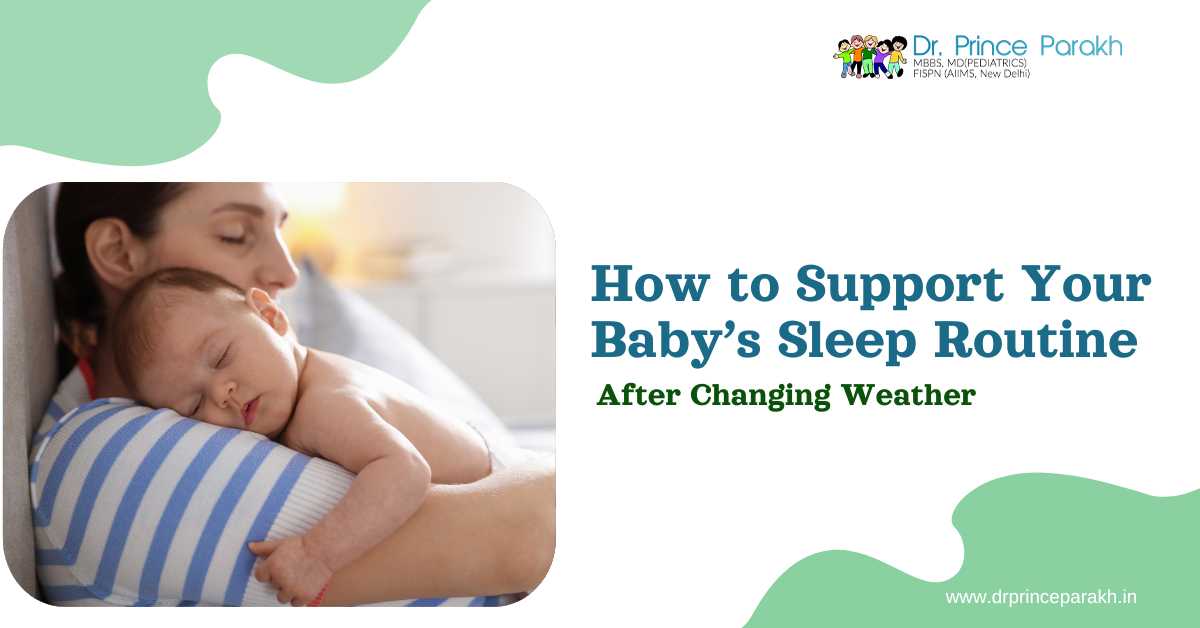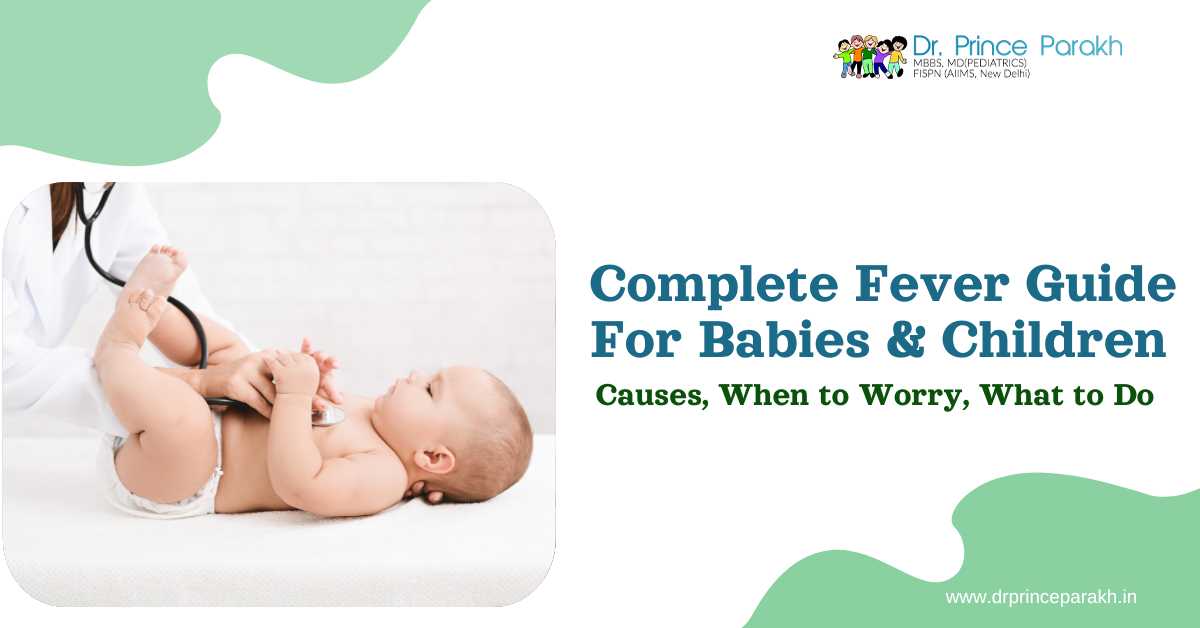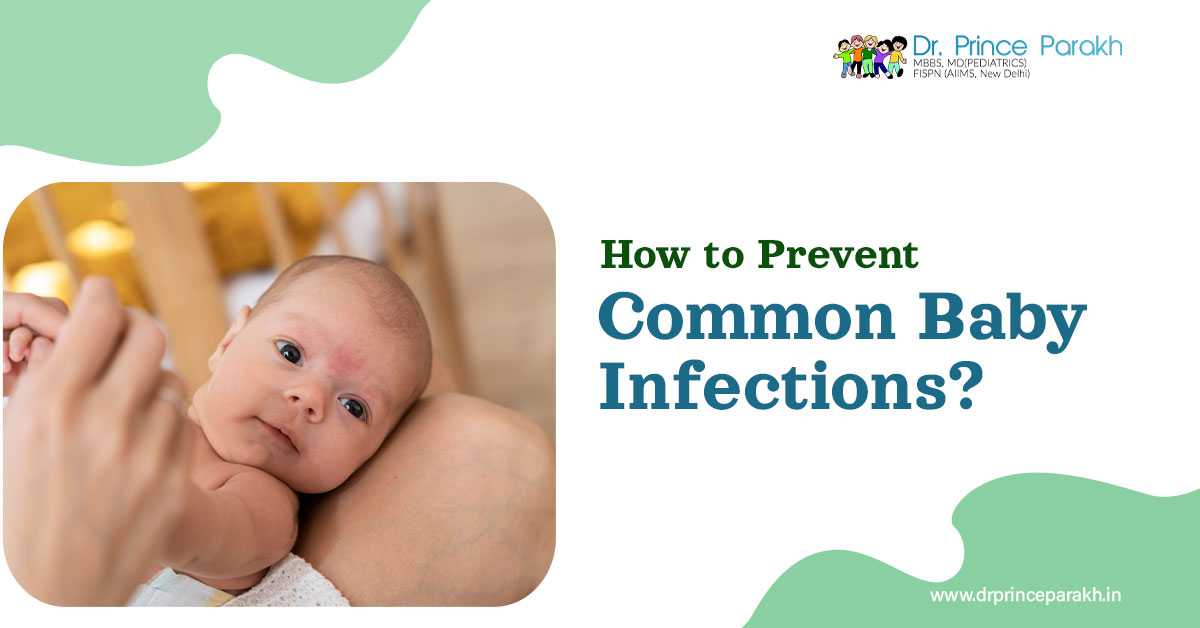Head injuries among children are a common occurrence. Any damage to the scalp, skull, brain, or other head tissues and blood vessels is considered a head injury. In most cases, head injuries are minor and don't result in long-term problems or brain damage in children.
However, serious consequences can also happen, such as brain damage or a brain hemorrhage. Here, the importance of critical care is invaluable, preventing further health risks. Consult the top pediatric clinic for critical care in Siliguri.
Overview of Head Injury in Children
The term "head injury" describes any trauma to the brain, including the skull or scalp. These injuries can vary from minor concussions to serious brain damage in youngsters. The following are typical reasons for pediatric head injuries:
- Falls, particularly in young children
- Injuries associated with sports
- Automobile accidents
- Abuse by hand (non-accidental trauma)
- Bicycle mishaps in which no helmet is worn
One can categorize head traumas as:
Concussions or Mild: They cause a short period of disturbance in brain activity, frequently without any structural damage.For a few minutes to many hours, this can occasionally cause a loss of consciousness.
Contusion: A brain bruise is what this is. Inside the brain, a contusion results in swelling and bleeding at the site of the head injury. The reason here is a strong blow to the head.
Severe: Linked to extended unconsciousness, neurological symptoms, and fractures like linear skull fracture, diastatic skull fracture, basilar skull fracture, and Depressed skull fracture.
Symptoms to Look Out for
A child who has suffered a brain injury may show a variety of symptoms. The size and location of the damage detect the kind and intensity of the symptoms of head injuries. Some warning signs parents and caregivers must be aware of:
Constant vomiting.
- A headache that is severe or becoming worse
- Bleeding
- A deep cut
- Unconsciousness
- Disorientation or confusion
- Vomiting
- Seizures
- Scalp swelling
- Clear fluid coming out of the ears or nostrils
- Walking difficulties or limb weakness
In babies, you may notice signs including poor eating, irritability, a protruding fontanelle (soft spot), etc. Observation and continuous evaluation are essential since even injuries that appear minor at first.
Kids who participate in sports like basketball, hockey, soccer, and football are also more likely to sustain a concussion. Activities like jumping, riding bikes, and skateboarding can be a reason for falls or a sharp blow to the head.
Importance of Diagnosis and Pediatric Critical Care in Head Injury
Now, the diagnosis of head injury in kids is not exclusive to a few tests. Pediatric experts will decide on the tests based on symptoms. After a comprehensive physical examination, the diagnosis is made. When determining if imaging (usually a CT scan) is necessary, doctors may send the patient toa clinical pediatric emergency care.
When a serious head injury is suspected or confirmed, immediate pediatric critical care is crucial. This is because children with severe TBIs need constant monitoring of vital signs, neurological status, and intracranial pressure.
Critical care units use tools like intracranial pressure monitors and advanced imaging to guide interventions, etc. This assistancehelps lower secondary brain injury (e.g., due to hypoxia or hypotension).
Pediatric intensive care units (PICUs) use mechanical ventilation, intravenous fluids, and medications to maintain cerebral perfusion. Here, critical care doctors monitor the brain's ability to regulate breathing and heart rate.
Surgery may be necessary in some cases to remove hematomas (blood clots), relieve pressure, or fix fractures to their skulls. To avoid complications like infection, brain swelling, or convulsions, critical care provides postoperative treatment. Receive effective child critical care in Siliguri at Dr. Prince Parakh’s health clinic.
Many children recover completely from mild or even moderate head injuries, while others have a long recovery period following a severe traumatic brain injury. Getting fast, quality treatment is key to optimal recovery and management of a pediatric head injury. Consult your pediatrician to better understand the outcome.







